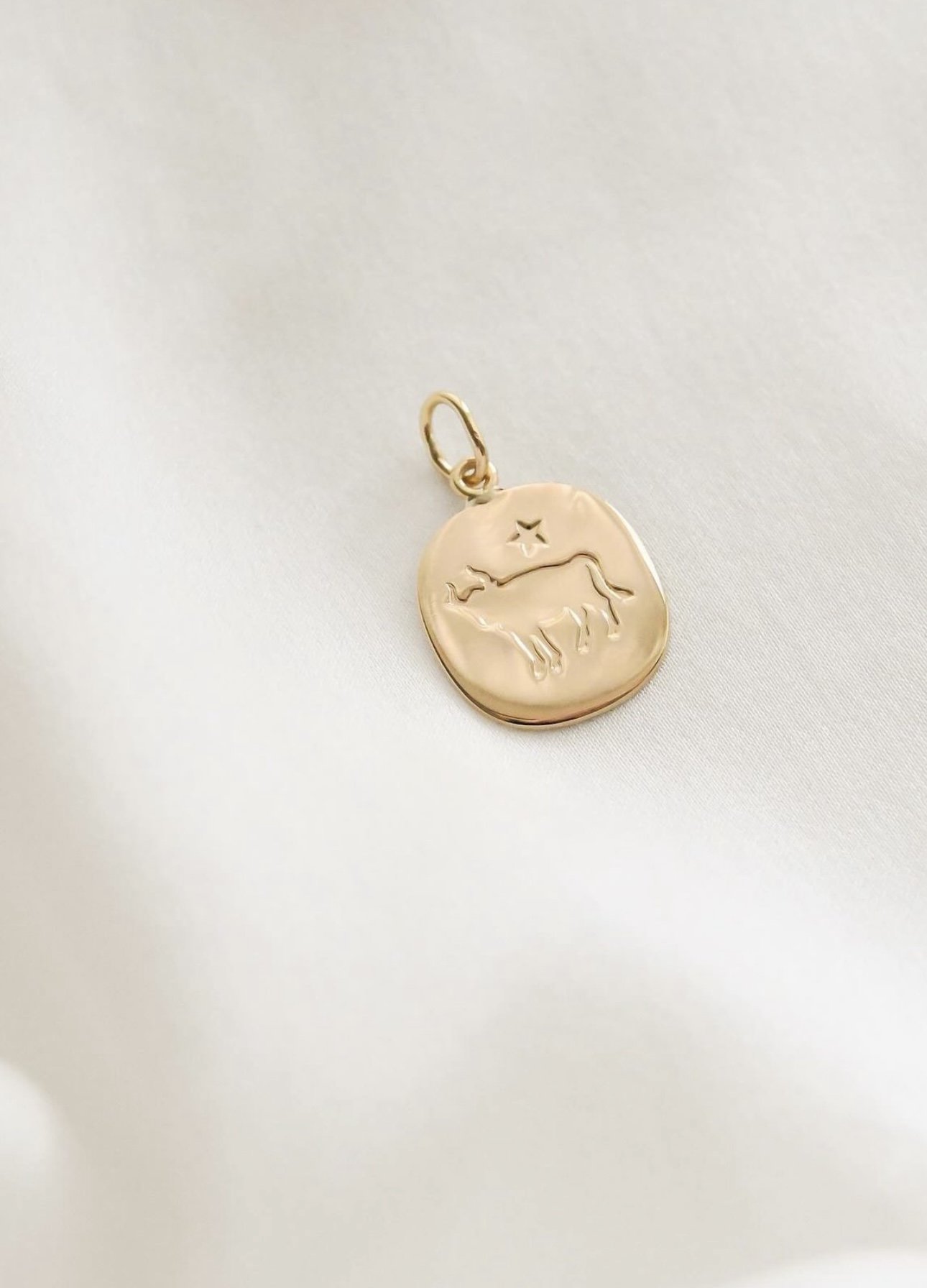Antique Converted Giardinetti w Diamonds and Paste 14K Gold and Silver
Gorgeous Giardinetti pendant converted by ny master jeweler from a ring, dating to the 1920s.
She made in 14K solid gold and stones are set in sterling silver. There’s seven beautiful diamonds of great clean VS quality on approximately 0.50 carats in total and a green paste stone.
The pendant measures 35x19 mm without the bale.
She’s 5 grams heavy!
Giardinetti jewelry, dating back to the 17th century, were born during a time of budding fascination with nature and science. Craftsmen of that era wove naturalistic themes into their jewelry creations. These pieces served as wearable pieces of art, featuring gems in the midst of charming, garden-like settings with flowers and leaves.
Design-wise, Giardinetti piece’s usually sport a central gemstone encircled by a wreath of smaller gems, often resembling a garden scene. While diamonds were common, emeralds, rubies, sapphires, and paste gems also made appearances.
These pieces speak the language of symbolism. Their floral elements convey the beauty and fragility of life. The central gemstone represents the wearer, with the surrounding flora symbolizing the people and experiences in their life.
In the 18th and 19th centuries, Giardinetti jewelry were cherished tokens of love and affection. They even played a role in engagements, with the central gemstone representing the couple and the encircling flowers symbolizing their love. In the 19th century, they took on a role in mourning jewelry, with dark gemstones and floral designs symbolizing the cycle of life and death.
One renowned example is the Marie Antoinette Diamond and Pearl Ring, an 18th-century masterpiece with a central diamond encircled by natural pearls, signifying the queen's beauty and purity.
Gorgeous Giardinetti pendant converted by ny master jeweler from a ring, dating to the 1920s.
She made in 14K solid gold and stones are set in sterling silver. There’s seven beautiful diamonds of great clean VS quality on approximately 0.50 carats in total and a green paste stone.
The pendant measures 35x19 mm without the bale.
She’s 5 grams heavy!
Giardinetti jewelry, dating back to the 17th century, were born during a time of budding fascination with nature and science. Craftsmen of that era wove naturalistic themes into their jewelry creations. These pieces served as wearable pieces of art, featuring gems in the midst of charming, garden-like settings with flowers and leaves.
Design-wise, Giardinetti piece’s usually sport a central gemstone encircled by a wreath of smaller gems, often resembling a garden scene. While diamonds were common, emeralds, rubies, sapphires, and paste gems also made appearances.
These pieces speak the language of symbolism. Their floral elements convey the beauty and fragility of life. The central gemstone represents the wearer, with the surrounding flora symbolizing the people and experiences in their life.
In the 18th and 19th centuries, Giardinetti jewelry were cherished tokens of love and affection. They even played a role in engagements, with the central gemstone representing the couple and the encircling flowers symbolizing their love. In the 19th century, they took on a role in mourning jewelry, with dark gemstones and floral designs symbolizing the cycle of life and death.
One renowned example is the Marie Antoinette Diamond and Pearl Ring, an 18th-century masterpiece with a central diamond encircled by natural pearls, signifying the queen's beauty and purity.
Gorgeous Giardinetti pendant converted by ny master jeweler from a ring, dating to the 1920s.
She made in 14K solid gold and stones are set in sterling silver. There’s seven beautiful diamonds of great clean VS quality on approximately 0.50 carats in total and a green paste stone.
The pendant measures 35x19 mm without the bale.
She’s 5 grams heavy!
Giardinetti jewelry, dating back to the 17th century, were born during a time of budding fascination with nature and science. Craftsmen of that era wove naturalistic themes into their jewelry creations. These pieces served as wearable pieces of art, featuring gems in the midst of charming, garden-like settings with flowers and leaves.
Design-wise, Giardinetti piece’s usually sport a central gemstone encircled by a wreath of smaller gems, often resembling a garden scene. While diamonds were common, emeralds, rubies, sapphires, and paste gems also made appearances.
These pieces speak the language of symbolism. Their floral elements convey the beauty and fragility of life. The central gemstone represents the wearer, with the surrounding flora symbolizing the people and experiences in their life.
In the 18th and 19th centuries, Giardinetti jewelry were cherished tokens of love and affection. They even played a role in engagements, with the central gemstone representing the couple and the encircling flowers symbolizing their love. In the 19th century, they took on a role in mourning jewelry, with dark gemstones and floral designs symbolizing the cycle of life and death.
One renowned example is the Marie Antoinette Diamond and Pearl Ring, an 18th-century masterpiece with a central diamond encircled by natural pearls, signifying the queen's beauty and purity.










